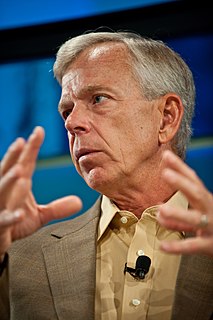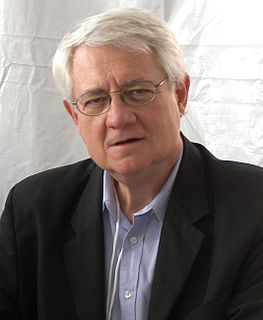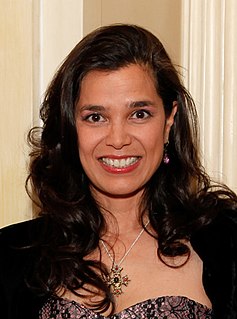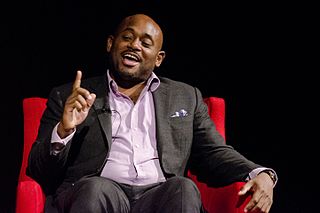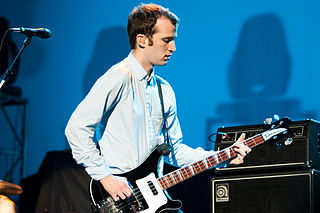A Quote by Tony Judt
My generation those who were students in the late 60s was always, in the words of the Who, talking about our generation. That's what we thought of ourselves, as the most important thing since sliced bread. And the "we" that we meant was really the Western Europeans and American generation. And as I think back I suppose I have a sense of guilt on behalf of my generation, a sense that we were terribly provincial and didn't understand the really important stuff that was going on in Eastern Europe.
Quote Topics
About
Always
American
Back
Behalf
Bread
Eastern
Eastern Europe
Europe
Europeans
Generation
Going
Guilt
Important
Important Thing
Late
Meant
Most
Most Important Thing
My Generation
Our
Our Generation
Ourselves
Provincial
Really
Sense
Since
Sliced Bread
Students
Stuff
Suppose
Talking
Terribly
The Most Important
Thing
Think
Those
Thought
Understand
Were
Western
Western Europe
Words
Related Quotes
If you look at the first generation of wireless, it really lasted about 15 years before we went to the second generation. When we implemented the fourth generation, which allowed us to do all the smartphones and the videos, the time between that and going to the fifth generation is going to be four years.
I think after Iceland's independence in 1944, we were not very sure of ourselves and our confidence was really low. It took one generation to sort of get over that. I'm second generation. My parents were born in 1945-46. Our movement at the punk times was like, we can sing in Icelandic, we are strong.
I would almost consider myself a canonical child of Generation X... because I think there is an ethic and aesthetic that goes along with that generation, it may have something to do with the fact that "Never Mind the Bollocks" was released when we were 16-years-old and that was really the album that crystalized a generation.
It became obvious to me that the generation who changed the world were my parents' generation, and not only in terms of the Second World War, but if you look at all the social legislation of the '60s - abortion, homosexual law reform, equal pay - it wasn't done by my generation; it was done by people who were adults.
As conscious adult women, if we really do care about the state of girls and women worldwide, we need to train this next generation of girls because they are going to be the ones taking over and they are going to be the ones that shift this paradigm. Unfortunately for our generation, we've been raised in a society where greed trumps all. In other words, where the bottom line is money...where money affects how we perceive each other, and how we perceive ourselves and our value. We need to break that now with this younger generation.
I'm not the type to generalise about an entire generation. I think the most general thing I can say, is that things are way more dispersed, and way more de-centralised than they were twenty years ago. I don't really feel like people talk about my generation the way people would talk about Generation X in their early 90's when Nirvana blew up. I feel like there was an easier, more coherent narrative to find, than you can now.


